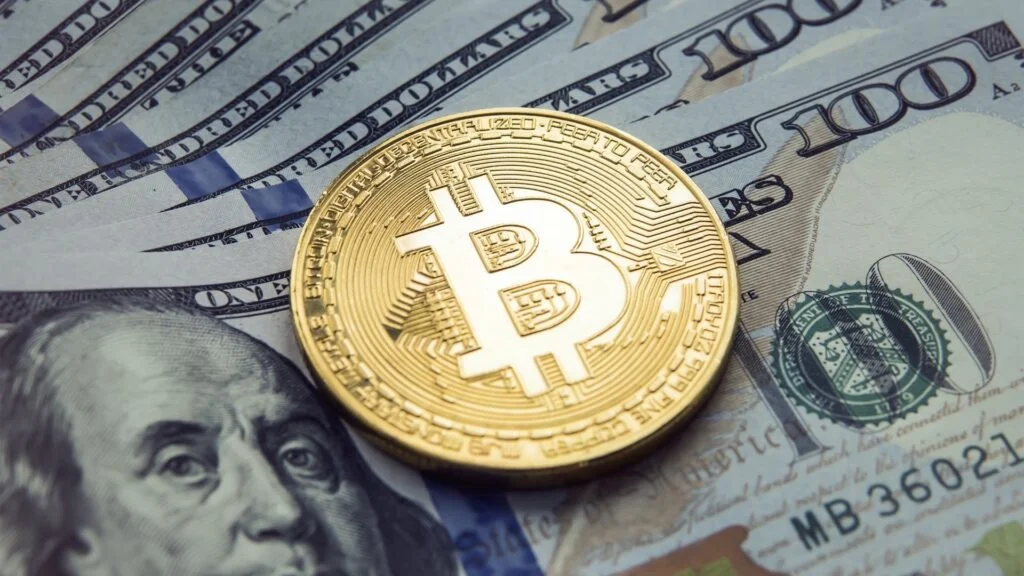According to brokerage Morningstar, if criminals intended to perpetrate a crime, cash is a more viable option than cryptocurrencies.

Cryptocurrency has faced opposition ever since its inception in 2009. The involvement of digital assets in illicit activities has been the primary concern for markets worldwide. Brokerage Morningstar, on the other hand, contends that most people are oblivious to the degree of transparency this process possesses.
Criminals Being Better Off With Cash
Bitcoin would appeal to ordinary investors who have grown fatigued by the established financial industry, which is to be expected. Nevertheless, cryptocurrencies’ illicit overlap and astounding volatility are merely two justifications for exercising the utmost caution.
Nonetheless, a recent Morningstar report illustrates how the discrete nature of cryptocurrencies may have been misunderstood globally. The report was formulated with the input of college professors and analysts with extensive knowledge of digital assets and their effects on the general public.
Morningstar explains that on several platforms, a cryptocurrency transaction is irreversible. One may not always be able to discern the user of a completed item.
The accusations of illicit activity are frequently directed toward the secure character of blockchain transactions. Bitcoin has been labeled the “criminal currency” due to its allure to cybercriminals and organized crime.
However, Morningstar reports that most people are unaware of how transparent this process is. According to the report, criminals previously utilized cryptocurrencies, but it is now possible to create a permanent audit trace.
“You’re in serious trouble if someone manages to identify the owner of the wallet. You would be better off utilizing cash if you were planning to commit a crime” Morningstar further states in its report.
Decentralized Cryptocurrencies Are More Challenging to Regulate
Its decentralization has been the primary selling point of cryptocurrencies thus far. Those interested in the digital currency market do not wish to have their assets controlled by central banks.
However, according to Morningstar, regulating cryptocurrency assets is challenging due to their reliance on self-validating blockchains. Furthermore, according to the brokerage, cryptocurrencies will never be as efficient as a centralized intermediary.
Morningstar’s report further elucidates the notion that the decentralized nature of cryptocurrencies provides a competitive edge for market participants.
Thus far, numerous businesses have managed to evade substantial regulation by convincing regulators that their product or service is unique, novel, and therefore not subject to central bank oversight.
An Increase in Crypto Market Regulation
A segment of the financial market that has long lacked centralized regulations is cryptocurrencies. However, that has recently begun to change. Crypto-asset service providers (CASPs) are now subject to the more comprehensive anti-money laundering (AML) and counter-terrorist financing (CTF) regulations of the European Banking Authority (EBA).
In the past, Indian authorities issued a show cause notice. They warned nine cryptocurrency exchanges about violating registration regulations: Binance, Kucoin, Huobi, Kraken, Gate, Bittrex, Bitstamp, MEXC, and Bitfinex.
The United States Treasury Department has also issued comprehensive guidelines about submitting Bitcoin tax returns. The Internal Revenue Service (IRS) now requires cryptocurrency brokers to disclose any new information regarding user sales and transfers of digital assets.
A portion of the regulatory oversight of the cryptocurrency markets remains an ambivalent facet of its trading. Nonetheless, the fact that Spot ETFs have also received the “green light” suggests that the market may be subject to increased regulatory oversight.
